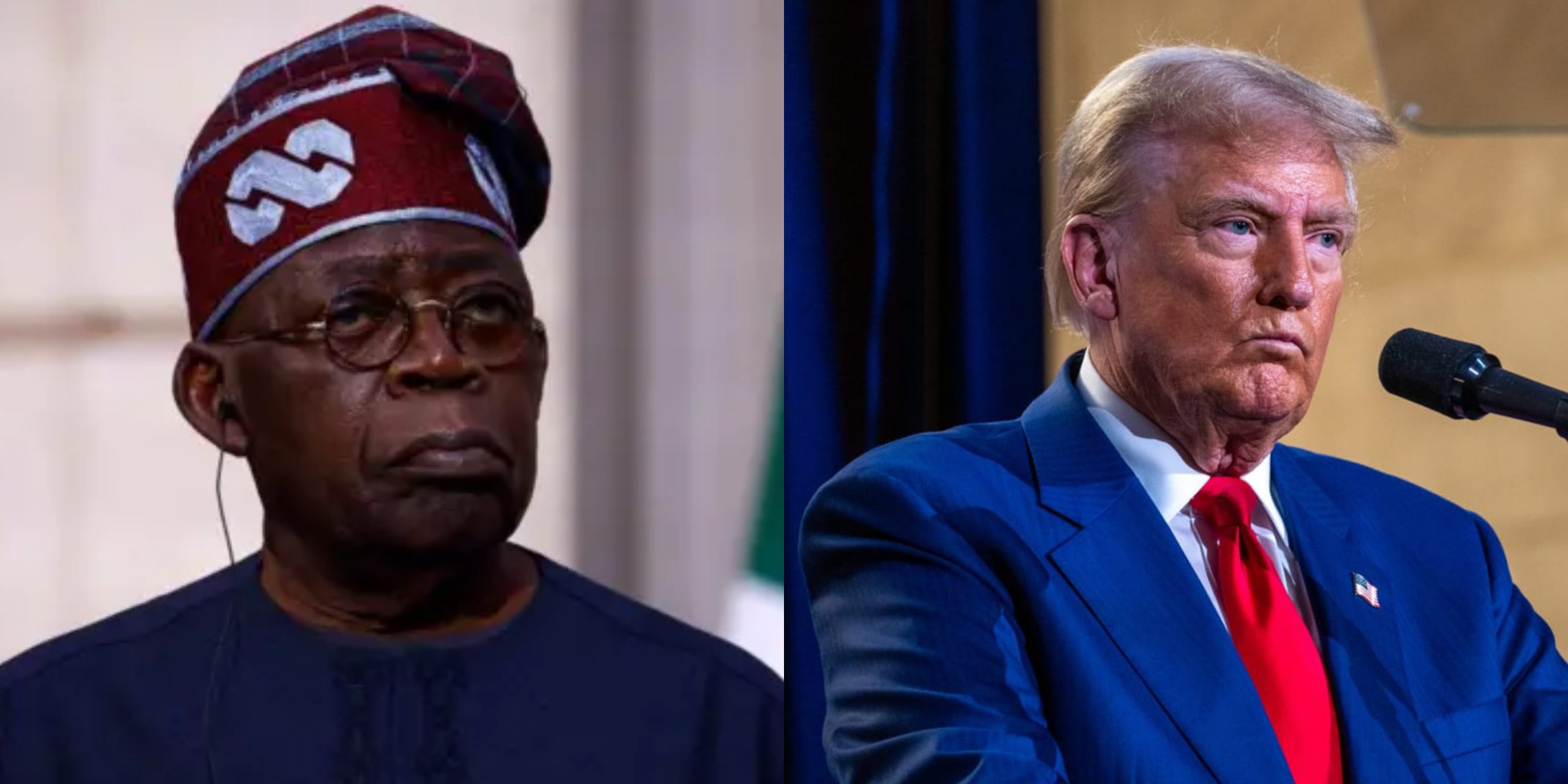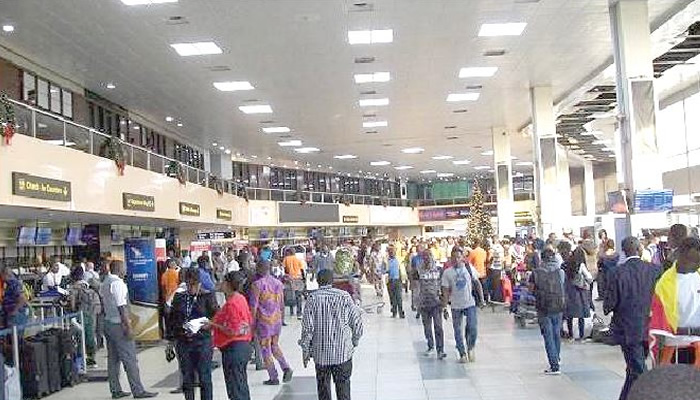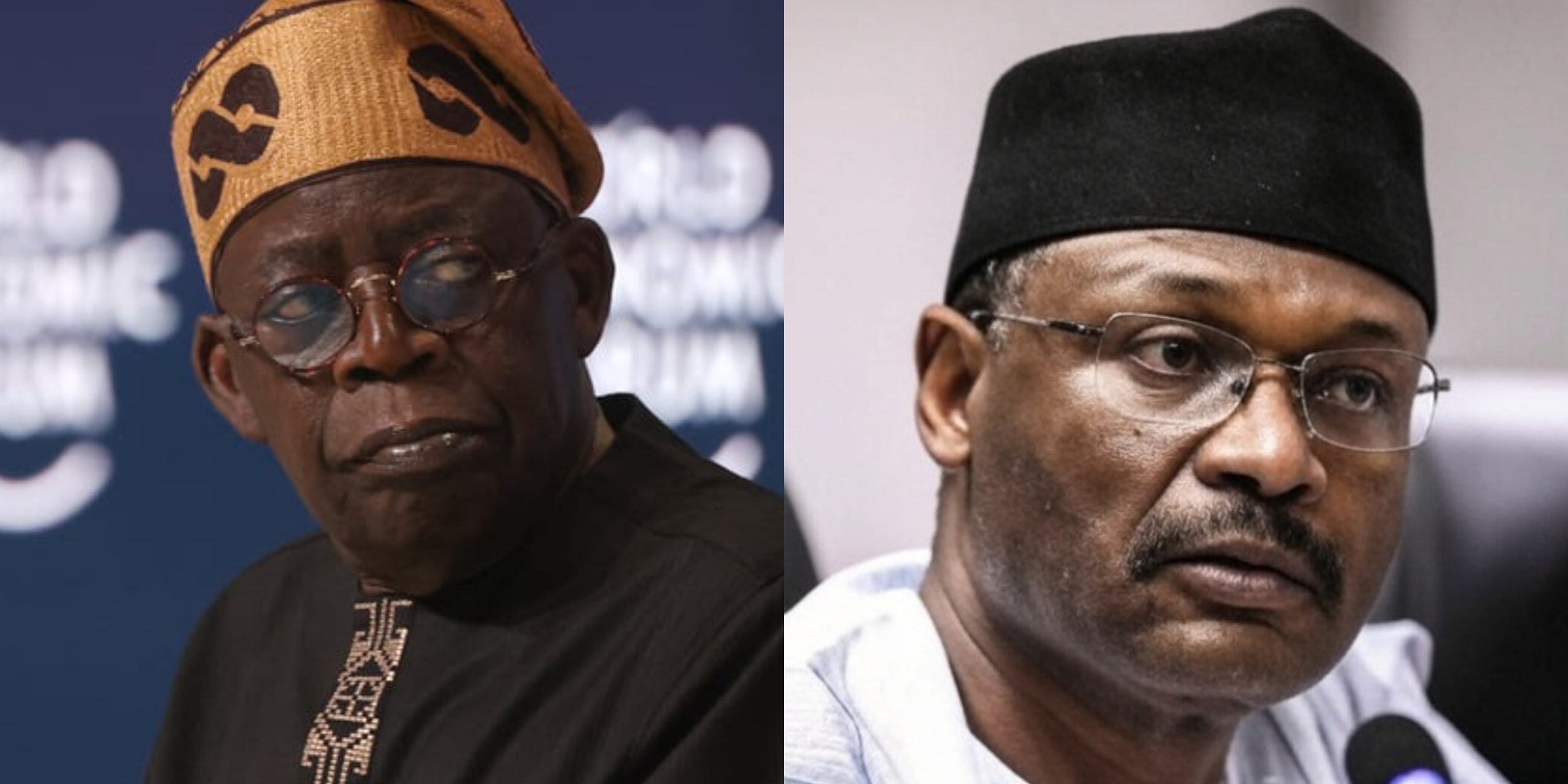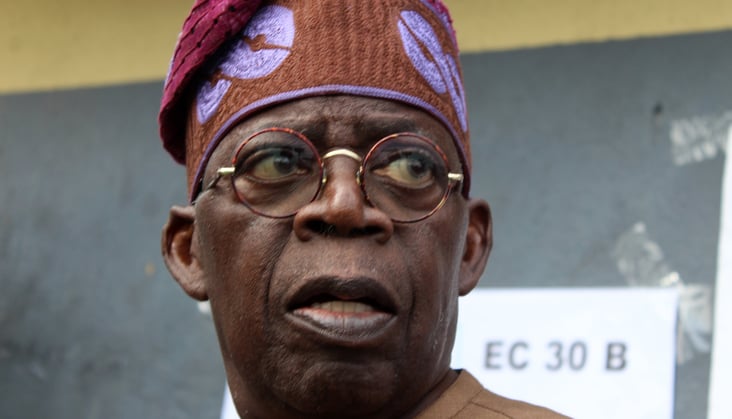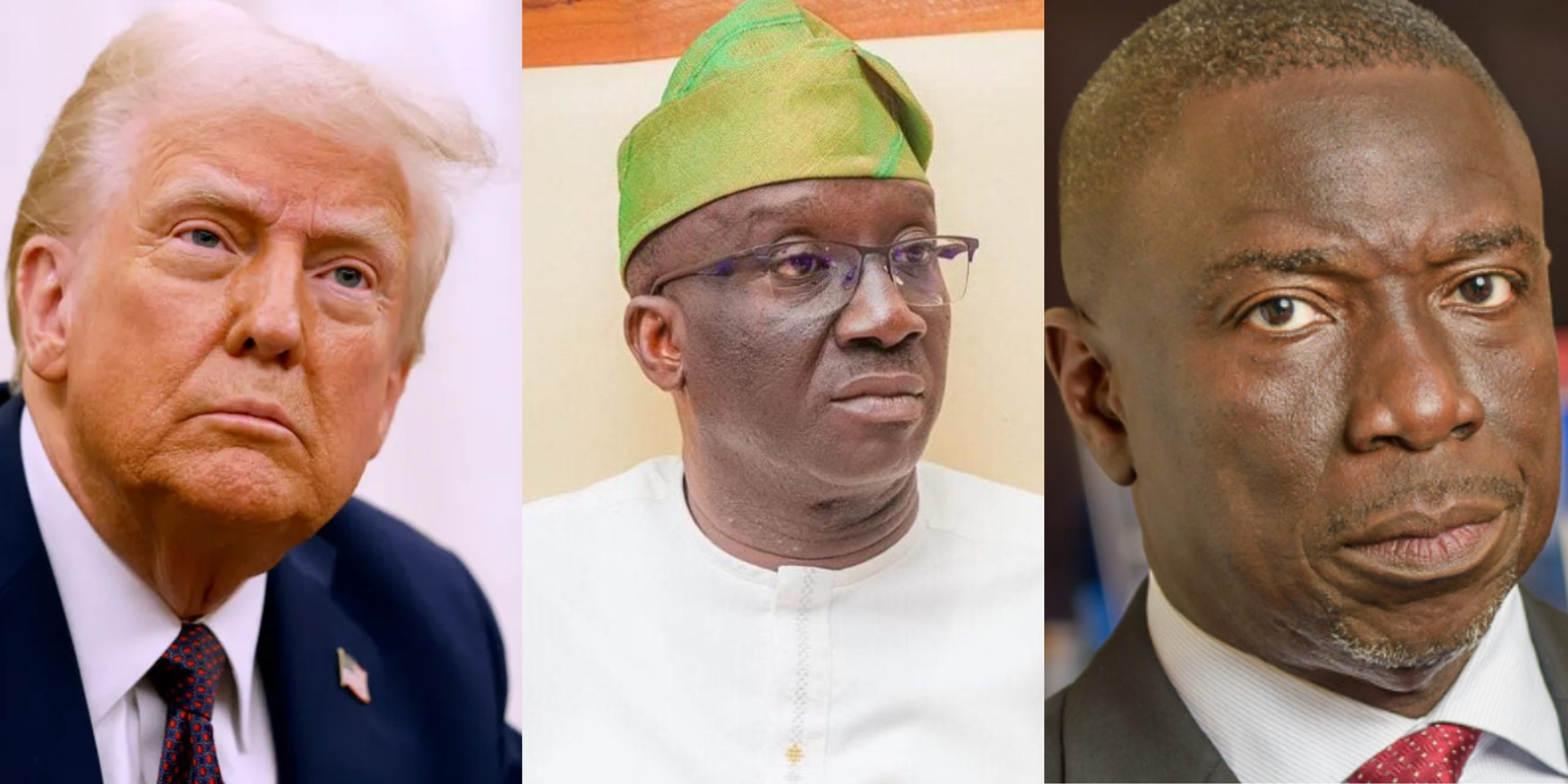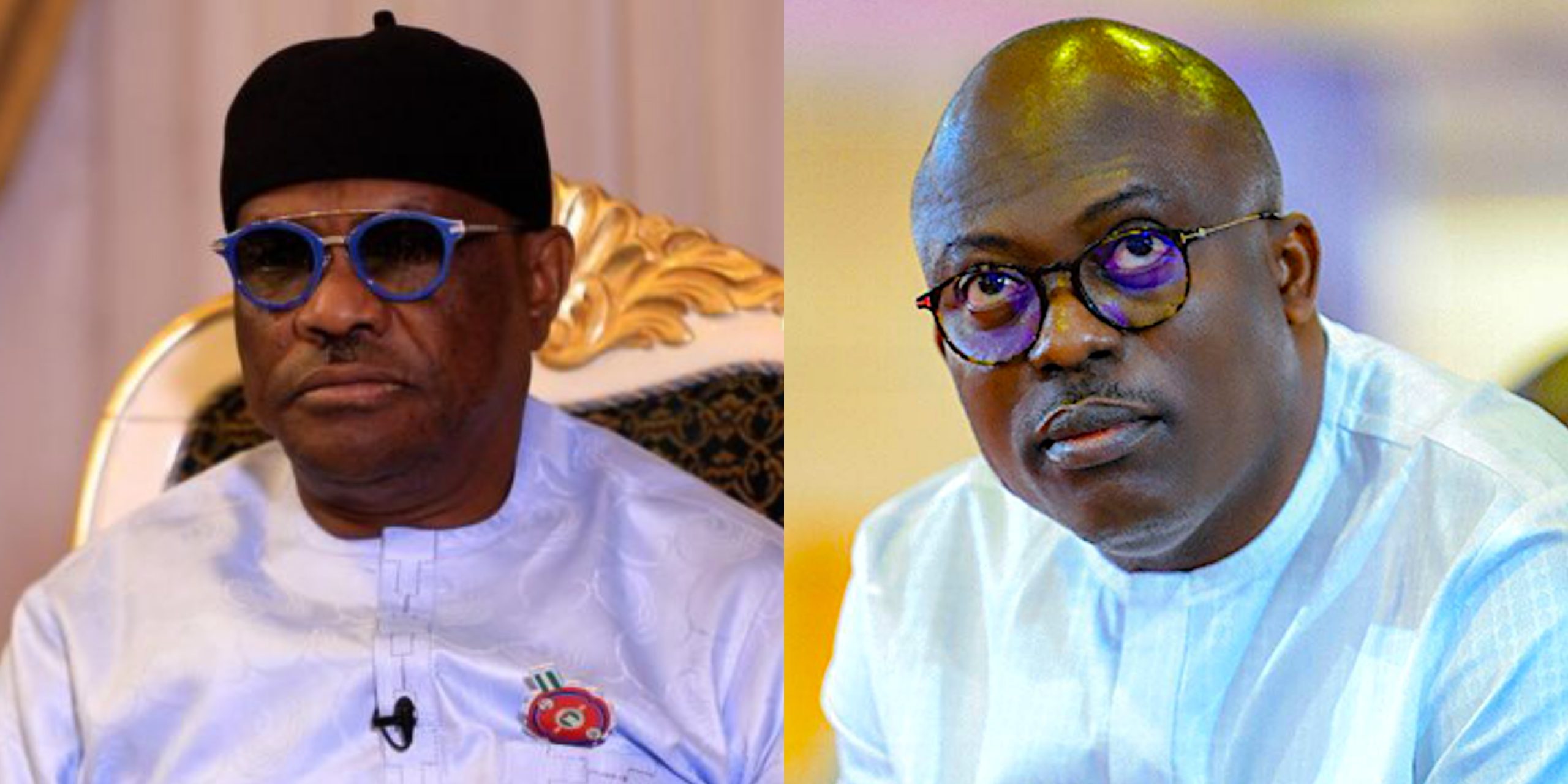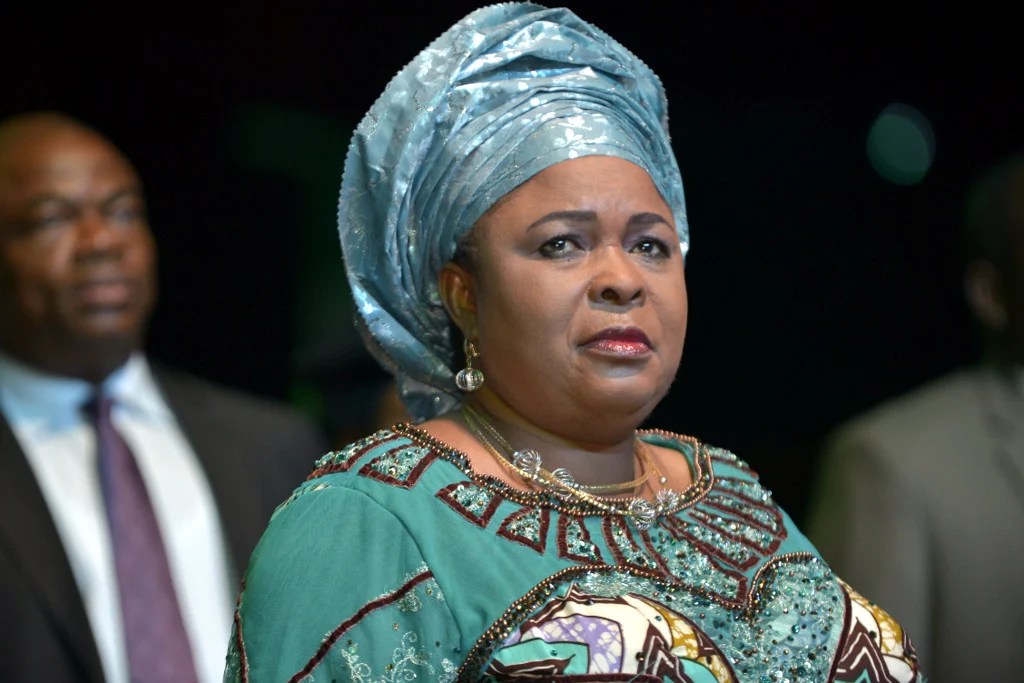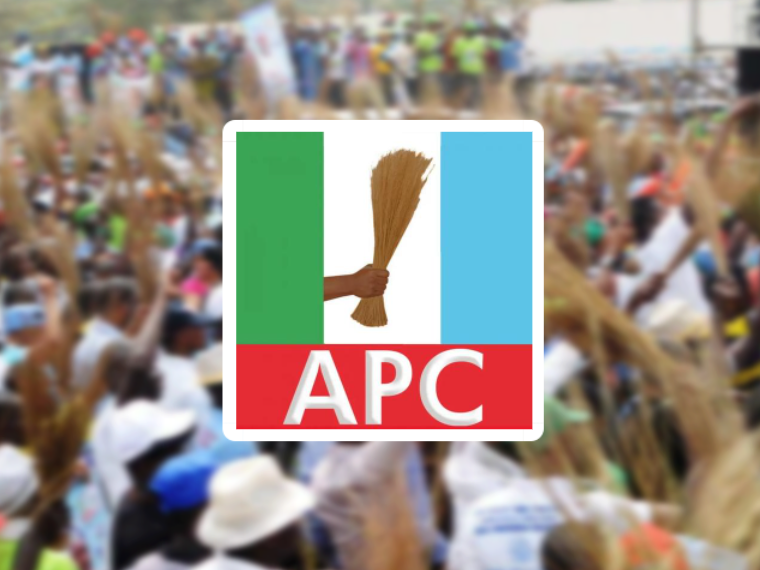The Federal Government on Sunday shared concerns about new tariffs introduced by the United States, including a 14% tariff on Nigerian goods.
According to the Federal Government, the tariff may make it harder for Nigerian products to compete in the U.S. market.
The Nigerian government, led by President Bola Ahmed Tinubu, said it is still focused on strengthening the country’s economy and expanding exports.
Dr. Jumoke Oduwole, the Minister of Industry, Trade, and Investment, explained that Nigeria sees the U.S. as an important trade partner with shared economic goals.
After the U.S. Ambassador visited on March 26, 2025, Dr. Oduwole said that Nigeria is continuing talks with both the U.S. and the World Trade Organization (WTO) to find solutions that benefit both countries.
She also mentioned that President Tinubu has been focused on attracting investments to Nigeria since taking office in May 2023.
The Nigerian government is introducing policies, providing financial support, and improving infrastructure to help local businesses stay competitive despite rising global tariffs.
This includes looking for new markets and reducing trade risks.
Over the last two years, Nigeria’s exports to the U.S. have been steady at around $5 billion to $6 billion a year, with oil products like crude oil and gas making up most of the exports.
However, the new 10% tariff on other Nigerian products, like fertilizers, lead, and agricultural goods, could make it harder for non-oil businesses to compete.
This could be a setback for Nigeria’s plan to reduce its reliance on oil exports. Small businesses may also face challenges due to higher costs and uncertain demand.
Dr. Oduwole added that these changes show the need for Nigeria to improve the quality of its products to meet international standards.
She also mentioned that Nigeria needs to focus more on trading within Africa, through agreements like the African Continental Free Trade Area (AfCFTA), which can help lower trade costs and make it easier to access markets across Africa.
In response to these challenges, the Ministry of Industry, Trade, and Investment remains focused on using these challenges as opportunities to grow Nigeria’s non-oil exports and build a stronger economy.

